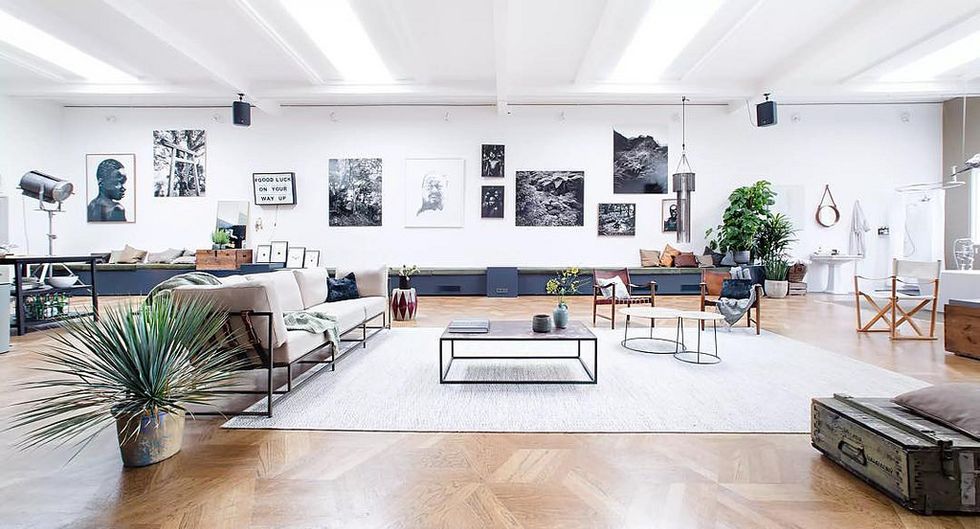Over the past few years, there has been this message lurking in the world of retail: The internet is taking over, and the world of physical retail is going to fall flat on its face.
And with massive companies dying out, like Sears, Macy's and JCPenny, that claim seems quite compelling.
And you should believe it. Because that physical retail you've grown up with certainly seems to be dying. Taking the time to walk into a store that has less inventory, and occasionally higher costs, just isn't worth it for most of us.
But, if that's the case, then why has Apple invested so heavily in retail with the Apple store? Why has Google launched the Google Store in NYC, and why did Amazon buy out Whole Foods?
The answer is actually quite simple: There is one advantage to physical retail that online stores can't yet grasp, and that's creating an experience. Let's take the example of the Apple store to begin our trek into this topic.
Of course, you could go ahead and buy the next iPhone off of Amazon or the Apple website, but walk into an Apple Store, and it becomes more than a store. When you walk in, you can do a bit more, like learning new stuff with Today at Apple, which allows you to learn more about different subjects from experts and Apple employees.
The trick is that the Apple products take center stage. You learn to code with Swift, a program by Apple. Productivity lessons are done through iPads, and you learn to draw with an Apple Pencil. On top of that, there's a complimentary showroom for you to freely play around with the same equipment you used (Apple products), and they've created a small hub for startups to learn to grow (this kind of store is known as the "town square").
The idea is that there's an upscale suite of services for you to experience, all built by Apple products.
This concept of surrounding the customer with services over the product is where retail needs to go to. And when I say that services are key, I don't mean that you should invest a ton of money into creating a town square.
Instead, make the retail experience upscale. Use staff to cater to customers' needs. Create a beautiful shop design and showcase. Or offer a select suite of public services that people can access while being surrounded by your company's products.
Essentially, to separate themselves from online retailers, retail outlets need to be able to satisfy the following needs of its customers: psychological fulfillment (delivering some sort of emotional connection), social fulfillment (shopping with friends, interacting with others to get a grasp on what they want to buy) and reward (feeling good about buying whatever they did).
As an example, let's use Whole Foods to demonstrate how these fulfillments compare to buying canned stuff online.
Samples of food and recipe ideas are available at different times at different Whole Foods locations. This allows people to try the food and develop an emotional connection if they enjoy its taste — that connection being the enjoyment.
There's staff around the store to help you find what you are looking for, and their plentiful locations allow you to shop with friends. At the very least, the variety of food allows you to think about other people who might like what you see.
On top of that, you are shopping at Whole Foods, which calls itself "America's Healthiest Grocery Store." Therefore, by buying Whole Foods' products, as according to their brand, you do right by your body.
These advantages of going to Whole Foods are quite simple. They offer what buying online doesn't: a wholesome, interactive and exclusive-to-the-shop experience. Because of these services, they can charge a premium, and in turn, earn their image as an upscale food brand — which makes sense because, as Business Insider reports, the average income of the average Whole Foods shopper is significantly higher than the income of shoppers at more traditional outlets, like Wal-Mart.
One other thing that may have slipped by you is that both stores I mentioned are upscale. Their products have a reputation of quality, and they maintain an in-store shopping quality to match — which is really at the core of the answer to the issue behind retail. Retail can't survive on basic experiences.
The age of the basic store is over, and if retail outlets want to survive, they need to replace the basic store with the luxury store.

















